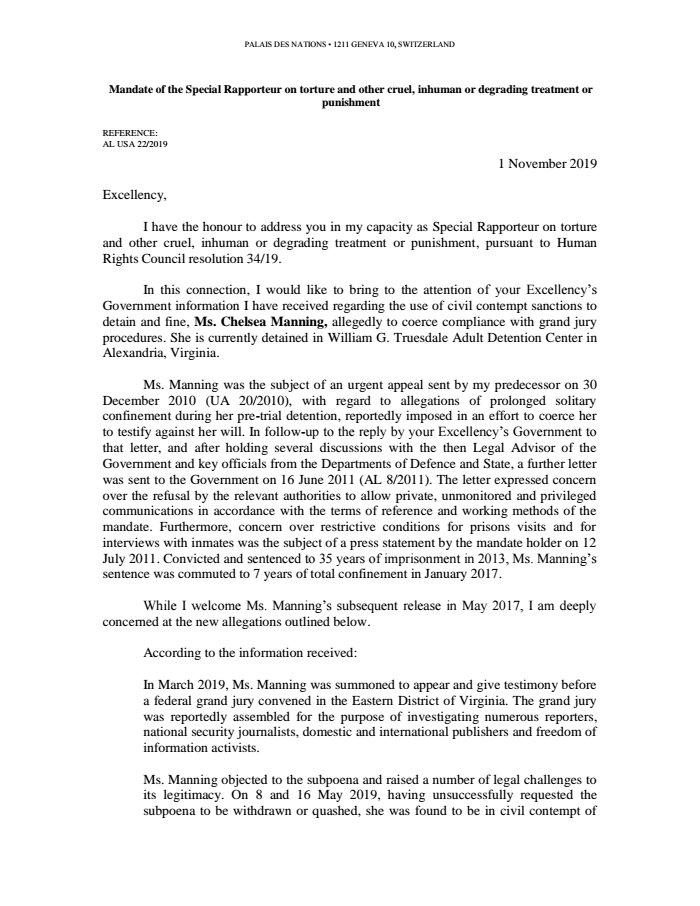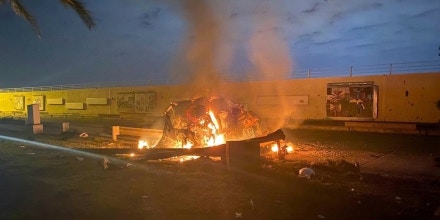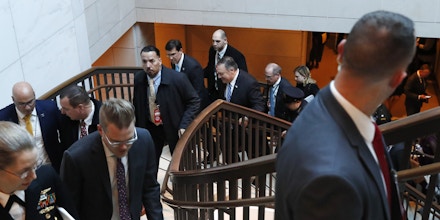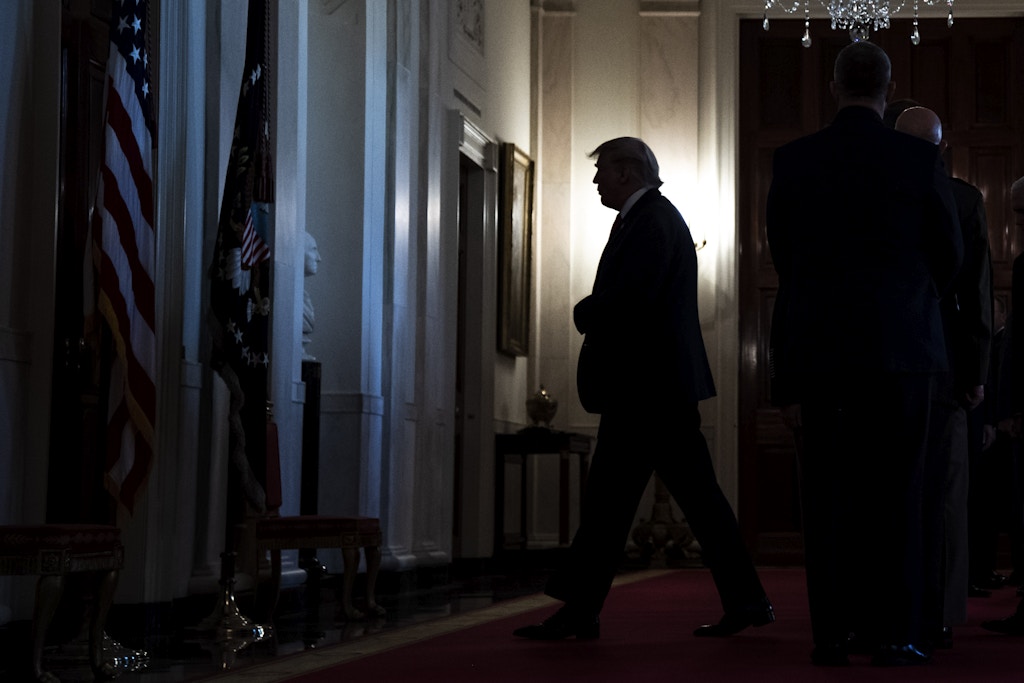David Roche
In L’Imagination malsaine (L’Harmattan, 2008), I tried to follow Freud’s example in “The Uncanny” by starting with a study of the adjective “malsain,”feeling that some of the ambiguities raised by the morphology of the French Word were lost in the English word, “unhealthy.”
Historically, the adjective was mainly used to describe physical and mental ailments; the non-literal or“moral” sense of the word (which is predominant in contemporary French and has come to mean “immoral,” “perverse” or “disturbing”) was employed later in the nineteenth century when it was notably used to describe literary works.If the adjective initially suggested the idea of contamination or contagion (whichmedical usage distinguishes insomuch as the first is propagated by the non-human, the second by the human), the non-literal sense would tend to be metaphorical. Gérard Genette’s study, “Métonymie chez Proust,” when the critic speaks of “metonymic contagion” and argues that a “metaphor-effect”is often rooted in a “metonymy-cause,” enabled me to articulate the notion of “unhealthy” around these two figures. Examples from David Cronenberg’s Films also suggested that, if a symptom becomes the visible metaphor of the disease, the symptom is nevertheless linked to an invisible metonymical chain of spatial or causal contiguity.
L’Imagination malsaine, I did not, however,refer to Susan Sontag’s groundbreaking Illness as Metaphor , since she deals with the metaphoric uses of specific diseases, namely TB and cancer, but my thesis does confirm her demonstration that the disease’s reality and gratuitousness, or what I would call the disease’s corporeality, is, in a sense,repressed by “metaphoric thinking.”
My study of metaphors also backs up Sontag’s demonstration that individual diseases such as TB and cancer are feared as if they were “morally, if not literally, contagious,” so that the metaphoric seems to become metonymical. With the “unhealthy,” I argue, the metaphor is, in effect, rooted in the metonymy. Moreover, if the foreign body and the contagious subject are deemed “unhealthy” to a healthy subject by a subject or the (medical, moral, etc.) law, it is, in fact, the relation between the two that is “unhealthy”. This implies a certain degree of subjectivity in the attribution of the value “unhealthy” and raises the question of the relationship between the subject and the law.Few studies of “The Fall of the House of Usher” deal, even in passing, with illness and disease, much less contamination.
My study of metaphors also backs up Sontag’s demonstration that individual diseases such as TB and cancer are feared as if they were “morally, if not literally, contagious,” so that the metaphoric seems to become metonymical. With the “unhealthy,” I argue, the metaphor is, in effect, rooted in the metonymy. Moreover, if the foreign body and the contagious subject are deemed “unhealthy” to a healthy subject by a subject or the (medical, moral, etc.) law, it is, in fact, the relation between the two that is “unhealthy”. This implies a certain degree of subjectivity in the attribution of the value “unhealthy” and raises the question of the relationship between the subject and the law.Few studies of “The Fall of the House of Usher” deal, even in passing, with illness and disease, much less contamination.
Drama | Horror
Upon entering his fiancée's family mansion, a man discovers a savage family curse and fears that his future brother-in-law has entombed his bride-to-be prematurely.
Director: Roger Corman Stars: Vincent Price, Mark Damon
A LATER VERSION STARRING OLIVER REED AND DONALD PLEASANCE
AN EARLIER VERSION OF THE FALL BW MOVIE ENGLAND
First shown 06/01/1950. A traveler arrives at the Usher mansion to visit his old friend, Roderick Usher. Upon arriving, however, he discovers that Roderick and his sister, Madeline, have been afflicted with a mysterious malady: Roderick's senses have become painfully acute, while Madeline has become nearly catatonic. That evening, Roderick tells his guest of an old Usher family curse: any time there has been more than one Usher child, all of the siblings have gone insane and died horrible deaths. As the days wear on, the effects of the curse reach their terrifying climax (IMDB).
Tomb Or Womb: The Freudian Approach to Live Burial in Edgar Allan Poe's" The Fall of the House of Usher" and" The Premature Burial"
THE PSYCHOANALYSIS OF THE GOTHIC ELEMENTS IN EDGAR ALAN POE THE FALL OF THE HOUSE OF USHER Using : interpretation of dreams Freudian theory and others
Graduation thesis, 2013

THE MASQUE OF THE RED DEATH IS ANOTHER POE WORK THAT FITS THIS DESCRIPTION OF ILLNESS, CONTAGION, CONTAMINATION BOTH IN POE'S SHORT STORY AND IN ROGER CORMAN'S FILM ADAPTATION, ONE OF THE FEW THAT IS EVEN CLOSE TO POE'S ORIGINAL STORY.
"The Masque of the Red Death", originally published as "The Mask of the Red Death: A Fantasy", is a short story by American writer Edgar Allan Poe, first published in 1842. The story follows Prince Prospero's attempts to avoid a dangerous plague, known as the Red Death, by hiding in his abbey.
Genre: Short story
Author: Edgar Allan Poe
The Masque of the Red Death - Wikipedia
THE MASQUE OF THE RED DEATH
The red death had long devastated the country. No pestilence had ever been so fatal, or so hideous. Blood was its Avatar and its seal -- the madness and the horror of blood. There were sharp pains, and sudden dizziness, and then profuse bleeding at the pores, with dissolution. The scarlet stains upon the body and especially upon the face of the victim, were the pest ban which shut him out from the aid and from the sympathy of his fellow-men. And the whole seizure, progress, and termination of the disease, were incidents of half an hour.
But Prince Prospero was happy and dauntless and sagacious. When his dominions were half depopulated, he summoned to his presence a thousand hale and light-hearted friends from among the knights and dames of his court, and with these retired to the deep seclusion of one of his crenellated abbeys. This was an extensive and magnificent structure, the creation of the prince's own eccentric yet august taste. A strong and lofty wall girdled it in. This wall had gates of iron. The courtiers, having entered, brought furnaces and massy hammers and welded the bolts.
They resolved to leave means neither of ingress nor egress to the sudden impulses of despair or of frenzy from within. The abbey was amply provisioned. With such precautions the courtiers might bid defiance to contagion. The external world could take care of itself. In the meantime it was folly to grieve or to think. The prince had provided all the appliances of pleasure. There were buffoons, there were improvisatori, there were ballet-dancers, there were musicians, there was Beauty, there was wine. All these and security were within. Without was the "Red Death."
READ ON
But Prince Prospero was happy and dauntless and sagacious. When his dominions were half depopulated, he summoned to his presence a thousand hale and light-hearted friends from among the knights and dames of his court, and with these retired to the deep seclusion of one of his crenellated abbeys. This was an extensive and magnificent structure, the creation of the prince's own eccentric yet august taste. A strong and lofty wall girdled it in. This wall had gates of iron. The courtiers, having entered, brought furnaces and massy hammers and welded the bolts.
They resolved to leave means neither of ingress nor egress to the sudden impulses of despair or of frenzy from within. The abbey was amply provisioned. With such precautions the courtiers might bid defiance to contagion. The external world could take care of itself. In the meantime it was folly to grieve or to think. The prince had provided all the appliances of pleasure. There were buffoons, there were improvisatori, there were ballet-dancers, there were musicians, there was Beauty, there was wine. All these and security were within. Without was the "Red Death."
READ ON















 Robert Mackey
Robert Mackey Read Our Complete CoverageTargeting Iran
Read Our Complete CoverageTargeting Iran




